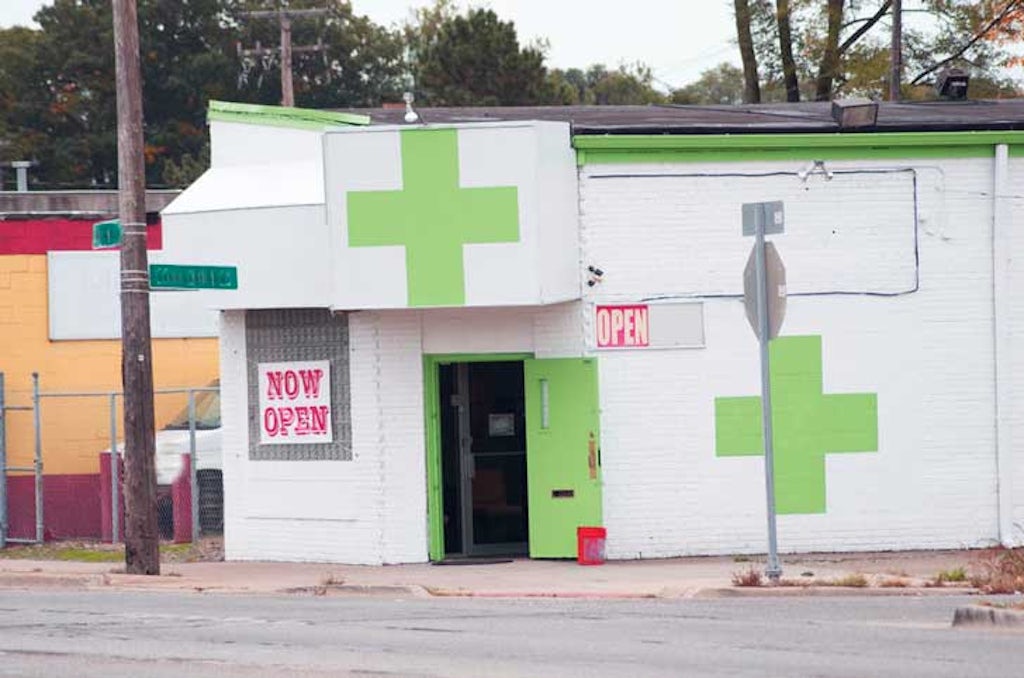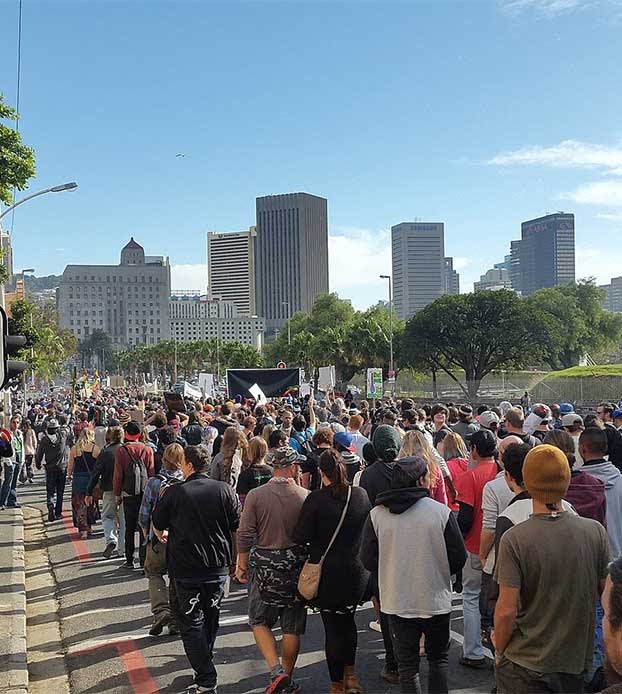Black and Hispanic Californians are significantly more likely to have access to only unlicensed cannabis dispensaries, creating a health inequity between them and white Californians, a new study states.
“Residents of neighborhoods containing only unlicensed retailers experience a public health inequity because the only retail cannabis available to them may be more likely to be contaminated, inaccurately labeled, or inadequately packaged,” the researchers stated.
The study, published in Preventive Medicine Reports in July, found that neighborhoods with only unlicensed cannabis retailers had higher proportions of Hispanic and African Americans and lower proportions of non-hispanic whites. They also found that unincorporated areas contained a higher percentage of the unlicensed facilities in the state (22%) than licensed facilities (12%).
According to the researchers “minority populations in California are disproportionately exposed to unlicensed cannabis retailers, potentially exacerbating health disparities by selling unregulated products or selling to minors.”
More dispensaries, licensed or not, in communities of color
Overall, the study found that neighborhoods with cannabis retailers — licensed, unlicensed, or both — had significantly higher percentages of Hispanic residents, much higher proportions of African Americans, and a markedly lower population of non-hispanic whites. The report also found that 18% of the population is below the poverty line in these neighborhoods, as opposed to 13% in neighborhoods without retailers. It found that the proportion of Asian Americans did not differ significantly between areas served by any facility and those with no dispensaries.
In addition, only 42% of Californians live in neighborhoods with dispensaries of any type — licensed or unlicensed.

The report also quotes a study from 2014 that found that “the relationship to low income, alcohol outlets and unincorporated areas indicates that dispensaries may open in areas that lack the resources to resist their establishment.”
The researchers used advertisements on cannabis websites Leafly and WeedMaps along with licensing data to map the locations of 1110 licensed and unlicensed cannabis retailers in California in 2018 (448 licensed and 662 unlicensed) and compared the demographics of the neighborhoods. They omitted companies that only offer cannabis home delivery and don’t have a retail storefront.
Early regulation led to ‘whack-a-mole’ enforcement
The researchers state that the problem could be somewhat linked to an overloaded regulatory system in California, and the fact that cannabis retailers began opening throughout the state following the approval of cannabis legalization in November 2016 but prior to the opening of the dispensary application process in December 2017. The researchers state that this created a sort of “whack-a-mole” situation wherein whenever an unlicensed retailer would be closed, several more appeared.
Join The Cannigma Directory
The study also notes that just as Black Americans have been four times more likely than whites to be arrested for cannabis possession, it is important “from a social justice perspective to ensure that African American communities now benefit from the safety precautions, employment opportunities, and revenue afforded by the retailer licensing process. For this to occur, it is important to prevent unlicensed retailers from competing with licensed retailers in African American and Hispanic neighborhoods.”
The researchers did highlight a number of shortcomings of their study. For one, the retailer data they found online may have been incomplete and may not have taken into account cannabis retailers who do not advertise on those websites. They also admit that as the legal cannabis market grows, the number of licensed retailers may increase in relation to unlicensed retails.
In addition, they state that further analysis is needed “to understand the complex demographic and economic forces” that produced these neighborhoods’ racial/ethnic and socioeconomic composition.
Sign up for bi-weekly updates, packed full of cannabis education, recipes, and tips. Your inbox will love it.

 Shop
Shop Support
Support




















